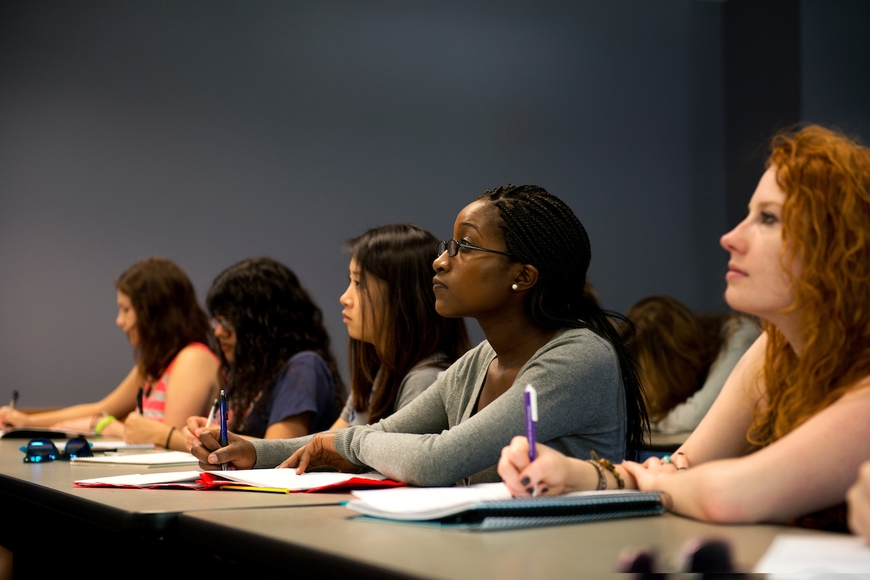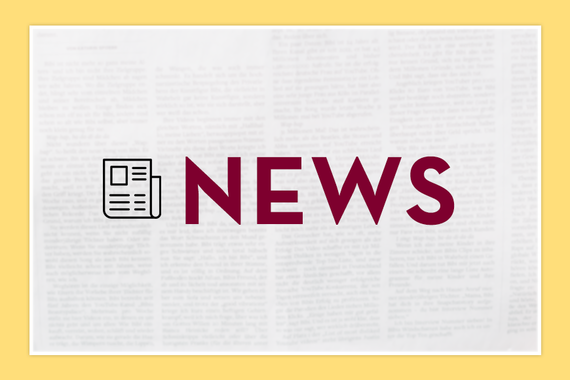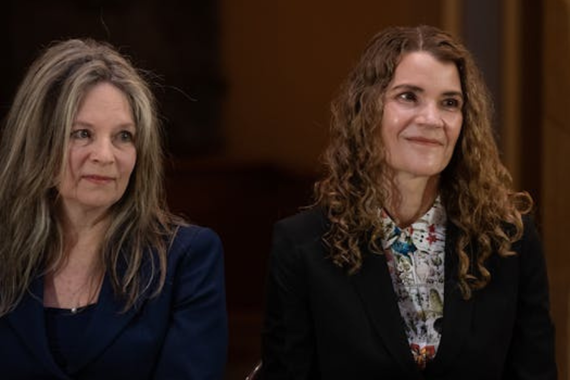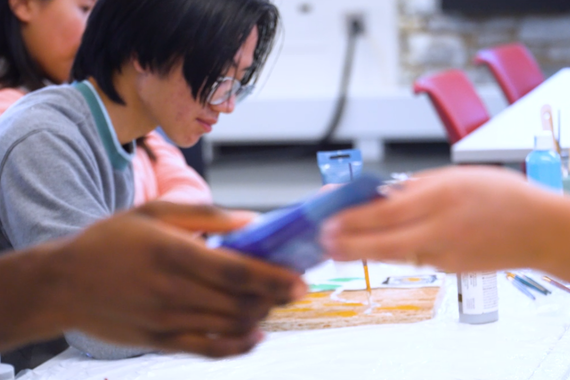Race, Power & Justice: 9 Courses You Should Know About
Two years ago, a student could graduate from the University of Minnesota without ever having taken a course on race and social justice.
Not anymore.
In February 2021, the University established a new liberal education theme requiring every undergraduate student to fulfill a course in “Race, Power, and Justice in the United States” (RPJ) to graduate. This curriculum change was introduced to help students understand the complex history of the United States with an explicit emphasis on racial justice and systemic inequality.
Today, CLA is proud to offer many diverse, transformative courses in the RPJ theme—courses that prepare our students to engage with the world around them and contribute to positive change in their communities and beyond. Here’s a snapshot of nine RPJ courses from the perspective of the faculty who teach them.
AMIN 1003 - American Indians in Minnesota
From American Indian Studies Teaching Specialist Alex Ghebregzi: This course focuses on the history, cultures, and lived experiences of American Indian peoples in the state of Minnesota. It introduces students to the historical experience of Dakota and Anishinaabe (or Ojibwe) people, dating back to the origins of each group in what is now called Minnesota. From this foundation in each nation’s history, the course goes on to offer a survey of some of these histories and these peoples’ ongoing traditions, examining critical historical foundations of Anishinaabe and Dakota cultural experience as well as the historical impact that European and Euro-American colonialism has had on those Native nations and identities.
CSCL 1001W - Introduction to Cultural Studies
From Cultural Studies & Comparative Literature lecturer Courtney Gildersleeve: This course introduces students to the interdisciplinary and critically-oriented practice that is cultural studies. Drawing on a number of fields, cultural studies is an endeavor that regards human culture—in all its dimensions—as a site worthy of careful attention and study. When we do the work of cultural studies, we ask questions about how things come to mean as they do, how and why power takes the shape it does, and how we humans operate as actors in the world and as producers of the thing we call ‘society.’ Students have the opportunity to examine the dynamic reality of culture through many forms of media and are encouraged to make connections between the cultural forms they most often encounter (from Tik-Tok to Marvel movies, to sports, cooking, activism, and beyond) and the material we are reading.
LING 1701 - Language and Society
From Linguistics Adjunct Assistant Professor Caleb Hicks: Yaasssss! Language is one of the fundamental ways we show up in the world. In LING 1701, we examine how language intersects and interacts with our social lives. This includes how we use group-specific language like slang and jargon, how we signal politeness (or rudeness), and how language is often associated with features of race, ethnicity, sex, gender, sexual orientation, class and caste, geographic area, and even job status. As social scientists, we use theoretical frameworks to help us explain sociolinguistic data, while also exploring a wide range of perspectives and opinions to help us tease out important nuances. From Spanglish to bird calls to the value of double negatives, LING 1701 is the baddest, raddest GOAT in town and might just leave you shooketh. No cap.
CNRC/JWST 3518 - Jewish Humor: Seriously Funny from Text to Stage to Screen
From Jewish Studies Center Director & Director of Undergraduate Studies Natan Paradise: This course engages the ways in which Jewish Americans have been part of the political, racial, and social history of the United States, comparing the racialized experience of Jewish immigrants and their descendants to that of other communities in the US. Through the lens of Jewish humor, students learn about the experiences of diverse populations interacting with the established communities holding social capital in the United States, as well as about the interactions between Jews and communities who have historically not held such power. Students come to understand Jewish American humor as an aggressively imaginative testing ground for possible responses to the differential treatment of social groups.
Course Listing for CNRC 3518, JWST 3518
CSCL 3425W - Critical Theory and Social Change
From Cultural Studies & Comparative Literature Associate Professor & Department Chair Michael Gallope: This course focuses on readying thinkers who understand themselves to be agents of social change. We tackle and debate some of the world's biggest problems: the failures of capitalism, the injustices of the prison system, the embeddedness of systematic racism and patriarchy, the worsening gap between the rich and the poor, and the overarching questions about how big ideas scale down to the level of real social change.
MUS 3301 - The Music of Black Americans
From African American & African Studies Lecturer Yolanda Williams: When we move beyond seeing music as merely a commodity, a career-maker, or even a vocation to seeing music as the essence of cultural expression, we can genuinely experience music's true intentions, that of communication. Studies in the music of Black Americans offer opportunities to explore a nuanced language heard best with an open heart.
POL 3319 - Education and the American Dream
From Political Science Associate Professor Scott Abernathy: What role does education play in American democracy? What role should it play? Does American education, particularly public education, live up to its citizens’ hopes and expectations? These are questions with deep historical roots in the United States, and this course engages with them while exploring current policy debates in American education. The overarching theme of the course is to wrestle with what it means to be an educated citizen in the context of historical struggles, multiple interrelated inequalities, and competing visions about how to make the American dream a reality. Topics include equality of educational opportunity, educating democratic citizens, school finance, the role of political institutions in making educational policy, and efforts to reform and remake American education, including charter schools, private school vouchers, and standardized testing.
AMST 4101 - Gender, Sexuality, and Politics in America
From American Studies Professor Jennifer Pierce: To understand the historical significance of “personal politics,” this course begins by examining the manifestos and political activism of the women’s, gay, and trans liberation movements in the 1960s and 1970s. The next section considers how activists brought their political visions to American workplaces, especially in pink-collar and working-class jobs. How did Black women challenge gendered racism in workplaces in the 1970s and later in the 1980s? How did queer and trans activists challenge racism, homophobia, and transphobia in this era? Were they able to “come out” of the closet at work? Not only will this course explore how these different campaigns fared in American workplaces, but it will also examine the questions they raise for gender, race, and sexual workplace justice in the contemporary moment.
ENGL 4232 - American Drama by Writers of Color
From Professor of English and Asian American Studies Josephine Lee: In addition to examining an exciting selection of plays by Black, Latinx, Asian American, and Native American playwrights, the course will discuss larger issues of racial representation and visibility in American theater past and present. How are different meanings and values ascribed to the bodies of actors through casting, action, dialogue, setting, and story? How does what audiences see onstage reflect or challenge how they might think about race offstage?



